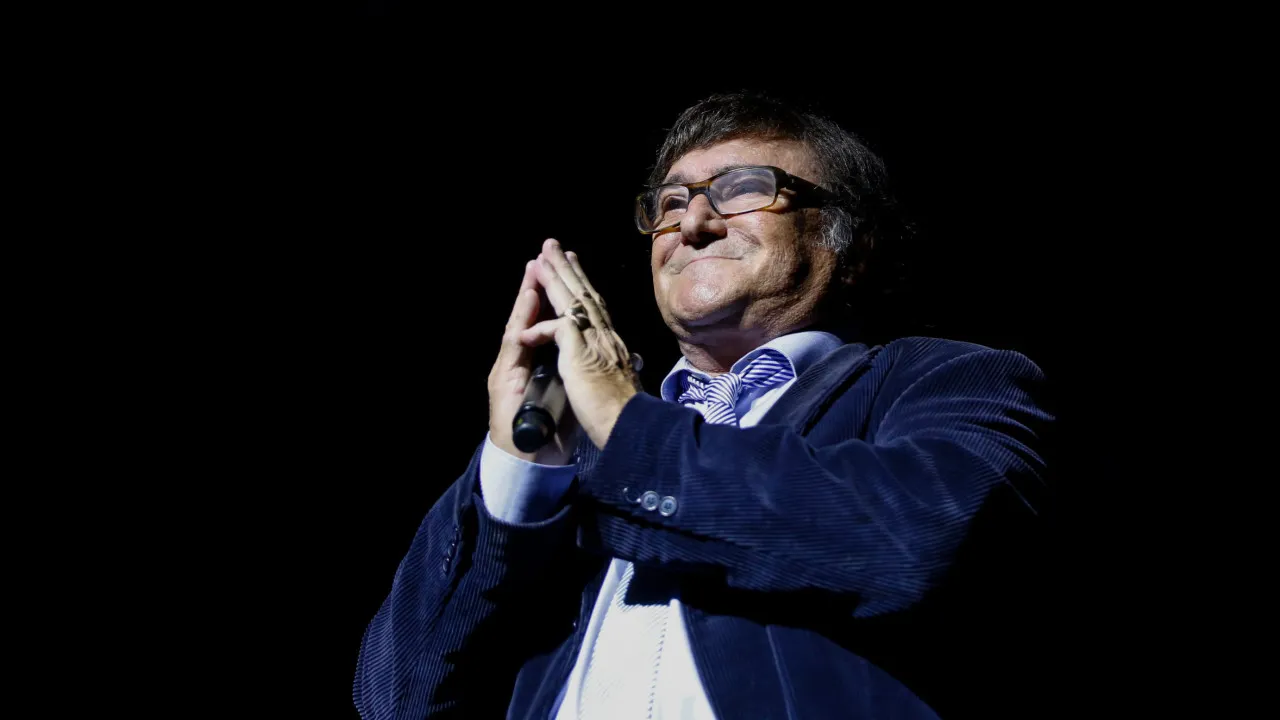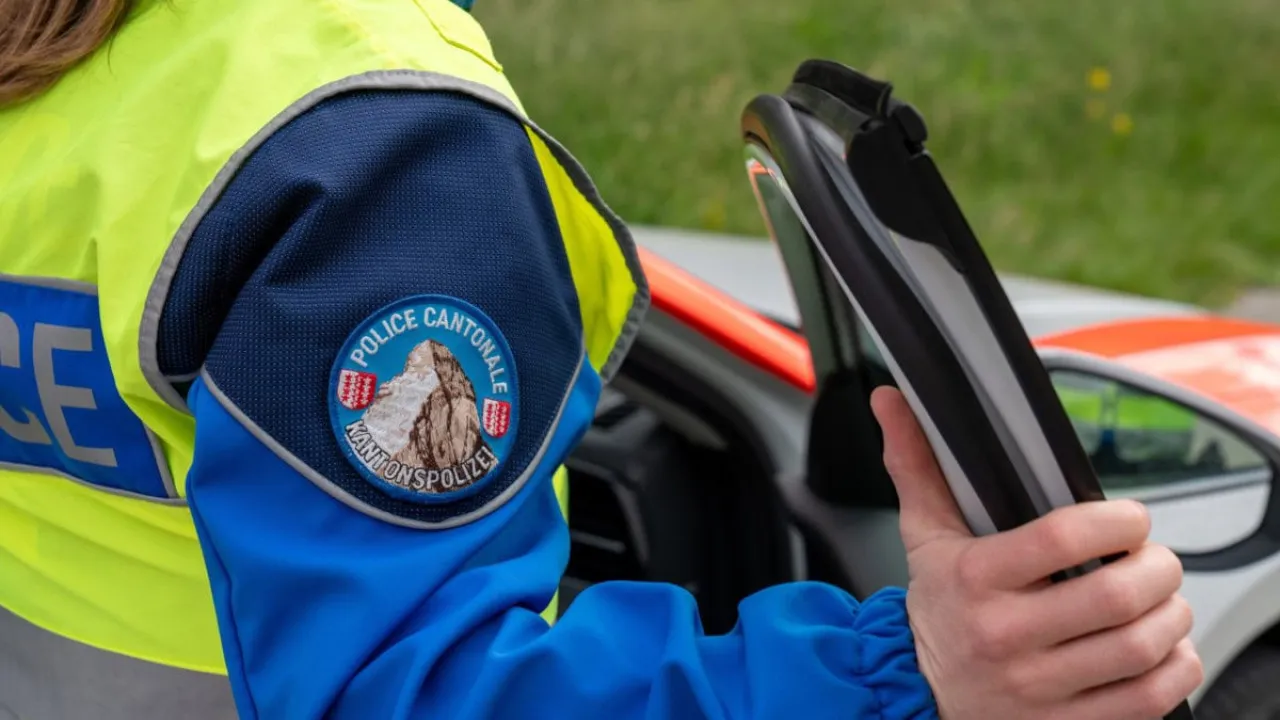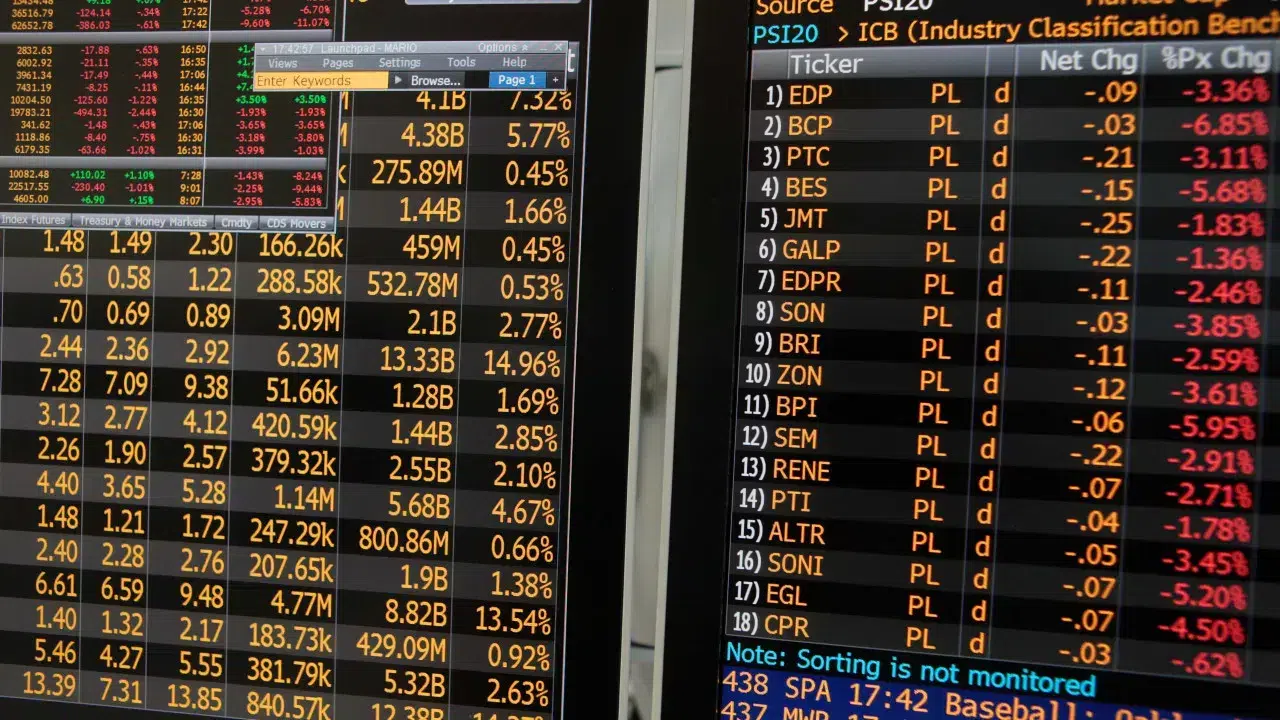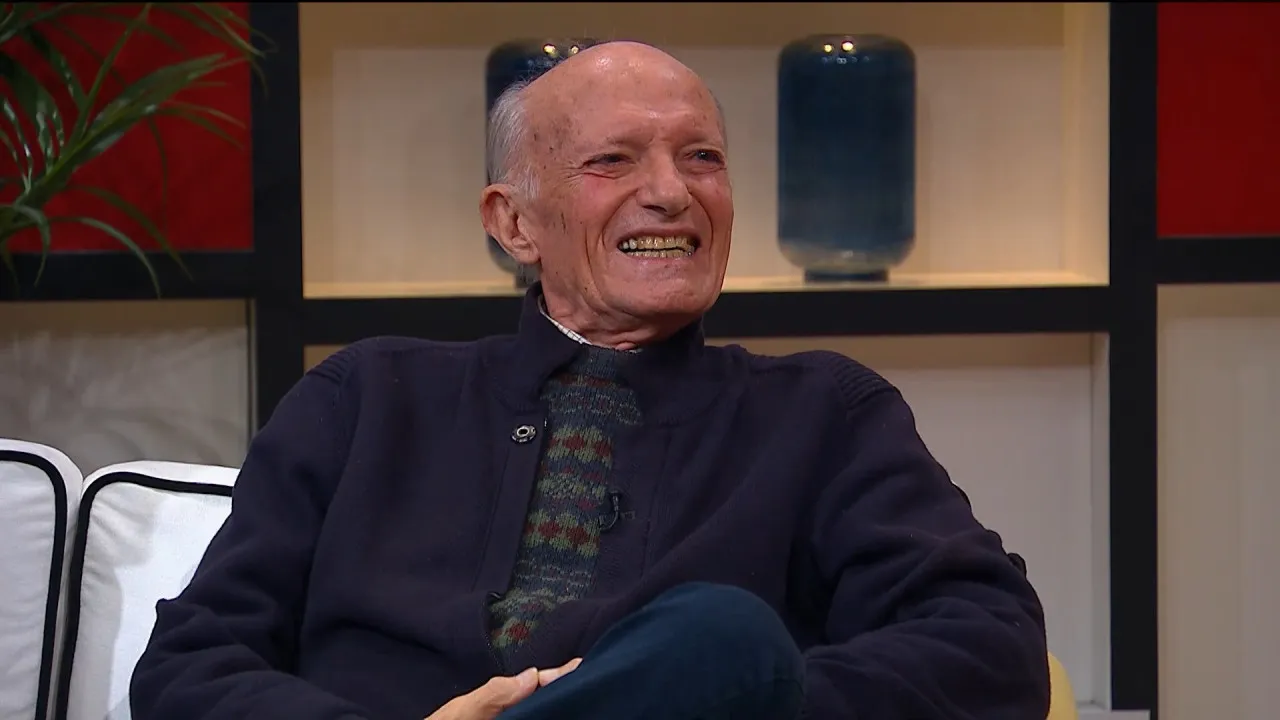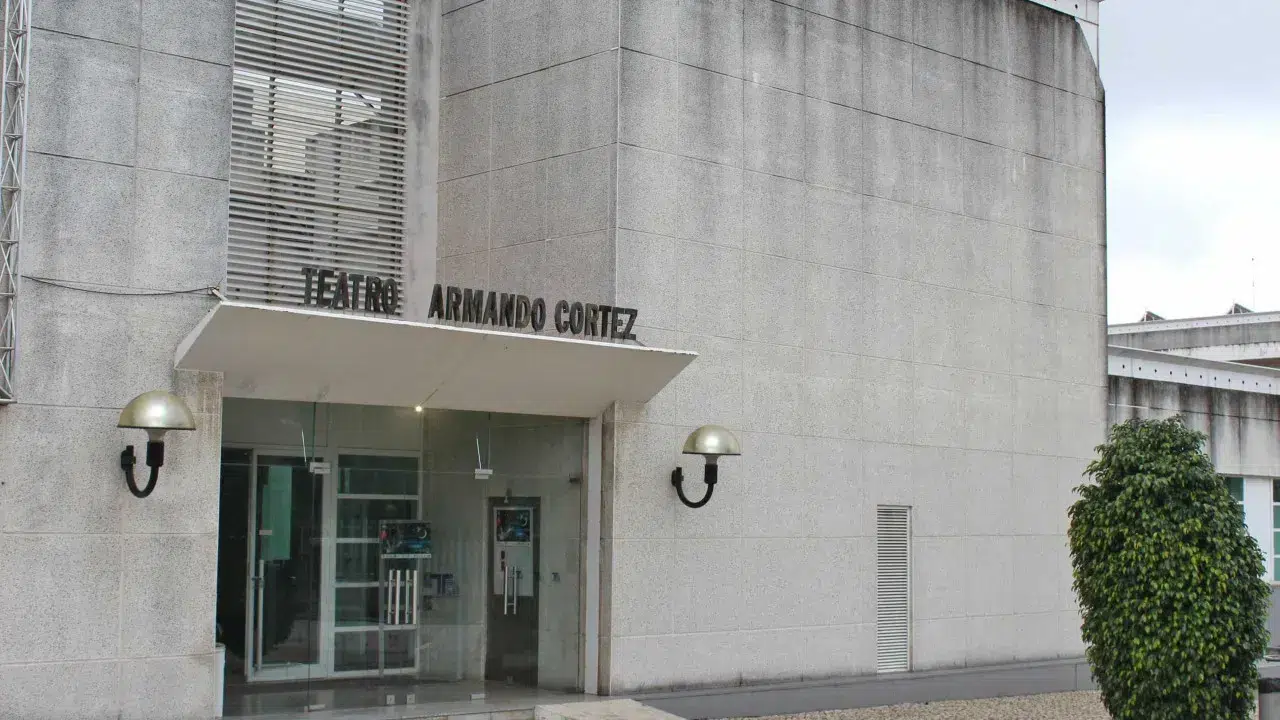
Mário Martins was responsible for introducing notable figures such as Carlos Paião (1945-1988), José Cid, Marco Paulo (1945-2024), and Rui Veloso to the public.
In the late 1970s, Mário Martins was instrumental in signing António Variações (1944-1984) to the record label Valentim de Carvalho, and his name became associated with the careers of many other Portuguese artists, including Amália Rodrigues (1920-1999), Simone de Oliveira, and Frei Hermano da Câmara.
As a record producer, Martins always prioritized professionalism while forming friendships in some cases, as he mentioned in an interview, citing examples like the declaimer Maria Germana Tânger and musician José Cid, who consistently invited him to attend his shows, and singer José Alberto Reis.
With Maria Germana Tangêr (1920-2018), Mário Martins initiated a series of recordings focused on Portuguese poetry, featuring albums with poems recited by their authors, such as David Mourão-Ferreira (1927-1996) and Mário Cesariny (1923-2006).
“In the case of Rui Veloso, it was his mother who contacted me and traveled by train from Porto to Lisbon, bringing a cassette of her son, asking if I thought he had a future.” The answer was, “without a doubt, yes, and his career speaks for itself,” he told in an interview.
Mário Martins noted his direct influence on hits like ‘Somos Livres,’ by Ermelinda Duarte, which “initially resisted recording and became a huge success,” ‘Vinte Anos’ by Green Windows, which included José Cid, Vítor Mamede, and Mike Sergeant, and the album ‘O Nazareno’ by Frei Hermano da Câmara, featuring Amália Rodrigues and Mara Abrantes, which he considered his “most complex production, but worthwhile.”
For about 30 years, Mário Martins led the Artists and Repertoire (A&R) department at Valentim de Carvalho, where he began working in 1966, invited by João Belchior Viegas, the artistic agent for Amália Rodrigues.
Through his intervention, Amália Rodrigues, whom Martins referred to as “the true Portuguese miracle,” recorded ‘O Senhor Extraterrestre’ by Carlos Paião (1957-1988) in 1982, adding Paião to the Valentim de Carvalho catalog.
Mário Martins also ventured into poetry, writing for Amália, though his shyness prevented him from sharing the poem, which was recorded by Beatriz da Conceição in 1967, “because a song was needed to complete the album.”
“I was ashamed to show it to Amália; she sang works by David Mourão-Ferreira, Pedro Homem de Mello, Alexandre O’Neill, and who was I compared to these great poets? Nobody,” he confessed in an interview.
Among the many stars he worked with, the producer highlighted the professionalism of singer Maria Clara (1923-2009). “The fire in Chiado [Lisbon, August 1988] destroyed part of Valentim de Carvalho’s archives, and it was decided to re-record some lost pieces. Maria Clara accepted recording some of her hits decades after their first release, came from Porto with her husband, and sang brilliantly, with that clear voice, a true professional.”
In his conversation, Mário Martins emphasized the challenges of managing artists and selecting suitable repertoires for each voice and ambition.
When he met António Variações (1944-1984), introduced by journalist Luís Vitta (1945-2015), Martins recognized his talent but envisioned a repertoire based on folklore, a field he knew well through various recordings with poet Pedro Homem de Mello (1904-1984) across the country.
Mário Martins was pivotal to the success of Marco Paulo (1945-2024), whose repertoire includes some original material but primarily comprises Portuguese versions by António José Lampreia (1929-2003) of foreign compositions. After António José’s death, it was Mário Martins who took on the responsibility of providing Portuguese versions for the performer of ‘Eu Tenho Dois Amores’ (António José/Georges Hatzinassios).
Mário Martins produced records for artists like Luís Goes, Fafá de Belém, Nuno da Câmara Pereira, Paco Bandeira, Carlos Paião, José Cid, Júlio Pereira, Jorge Palma, Grupo de Cantares de Manhouce, Alexandra, José da Câmara, Maria Teresa de Noronha, and Lucília do Carmo.
In addition to his work at Valentim de Carvalho, he collaborated with television presenter Teresa Guilherme at RTP and later was invited by TV director José Nuno Martins to create a show for RTP.
At TVI, he authored and hosted the program ‘Fado Fadinho’ (1993), for which he received a Bordalo Award.
In 1993, he left Valentim de Carvalho for Movieplay Portuguesa, where he coordinated the series ‘O Melhor dos Melhores’ (1994), which featured hits from around 100 national artists.
At this label, he produced, among other projects, the album ‘O Outro Lado do Fado’ (2005) by Lenita Gentil, which won the Amália Rodrigues Award for Best Album of the Year in 2006.

